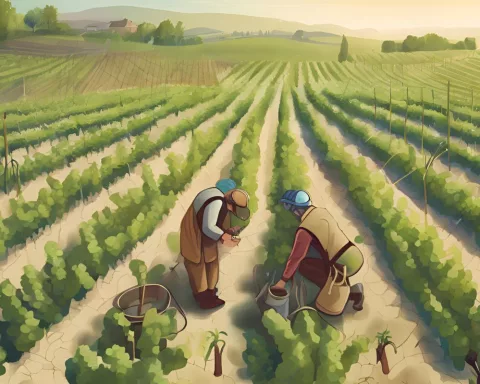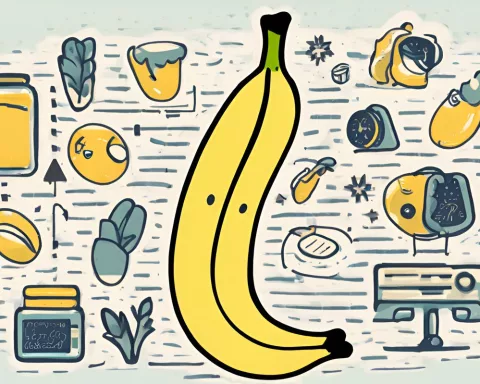Illegal mining is a widespread and devastating issue in Gauteng Province, South Africa. The harmful effects of illegal mining were highlighted in the Angelo Informal Settlement tragedy, where 17 people lost their lives due to nitrate oxide inhalation. The gas cylinder allegedly responsible for the incident was used in illegal mining activities carried out by zama zamas in the area.
Eradicating Illegal Mining
Recognizing the severity of the problem, the Gauteng Provincial Legislature’s Portfolio Committee on Community Safety has called for the total eradication of illegal mining practices. Committee Chairperson Honourable Bandile Masuku has urged community members to collaborate with the police and private security industry to bring those responsible for the incidents to justice.
Specialized Units
The Committee has requested law enforcement agencies to establish specialized units that will oversee the complete eradication of illegal mining in the province. They hope to prevent future tragedies and protect innocent lives. However, illegal mining is often deeply embedded and entwined with criminal networks, making it a challenging issue to tackle.
Multi-faceted Approach
To combat this complex issue, a multi-faceted approach is needed. Both the private and public sectors should invest in education and training for workers in the mining industry. The safety standards should be improved, and sustainable practices should be encouraged. Government agencies should also focus on improving living conditions in informal settlements to deter residents from getting involved in illegal mining activities.
Strengthening the Legal Framework
The legal framework surrounding mining activities needs to be strengthened to provide better protection for the environment, human rights, and the enforcement of safety regulations. This will ensure that mining companies operate within the bounds of the law and contribute to the socio-economic development of the communities where they operate.
Collaborative Efforts
The eradication of illegal mining in Gauteng Province requires collaborative efforts involving law enforcement agencies, the private sector, communities, and government bodies. By joining forces and tackling this issue head-on, it is possible to create better living conditions for residents, protect the environment, and foster a thriving legal mining industry. The fight against illegal mining may be challenging, but it is essential to create a safer and sustainable future for the region.








